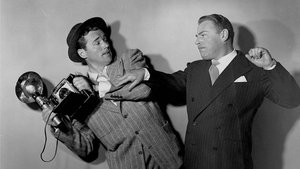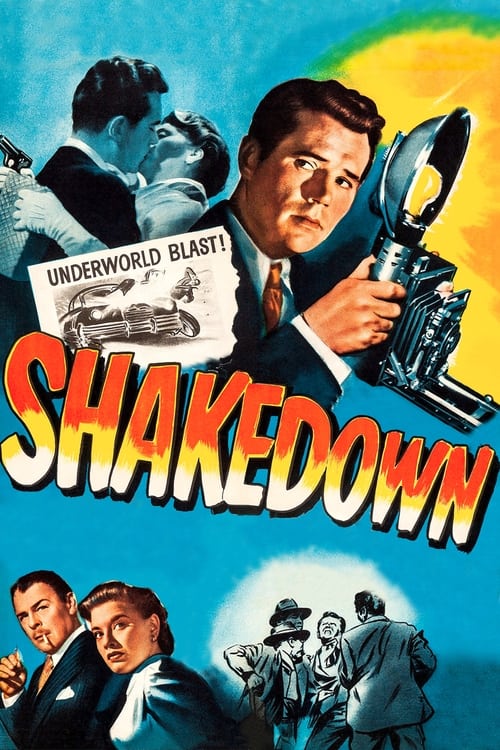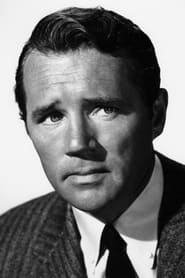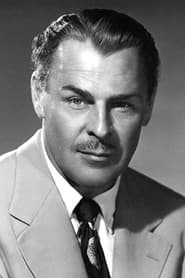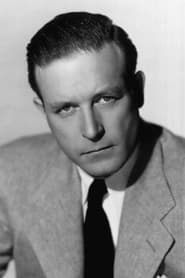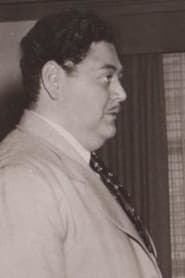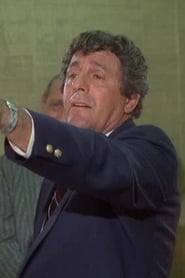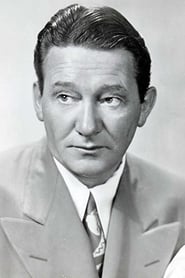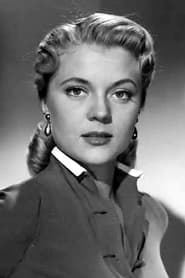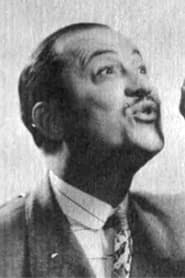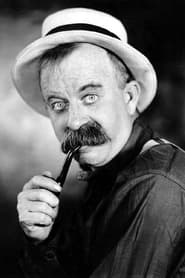Cast
View AllHoward Duff
as Jack Early
Brian Donlevy
as Nick Palmer
Peggy Dow
as Ellen Bennett
Lawrence Tierney
as Harry Colton
Bruce Bennett
as David Glover
Anne Vernon
as Nita Palmer
Jack Reitzen
as Joe Downing
Peter Virgo
as Roy
Charles Sherlock
as Sam
Elsie Baker
as Palmer's Maid (uncredited)
Ralph Brooks
as Photographer (uncredited)
Douglas Carter
as Photographer (uncredited)
Peggie Castle
as Coat-Check Girl at Bay View Club (uncredited)
Jack Chefe
as Shop Proprietor (uncredited)
Chester Conklin
as Chet (uncredited)
Crew
Director
- Joseph Pevney
Producer
- Ted Richmond
Reviews
CinemaSerf
Talk about hoist by your own petard! "Jack" (Howard Duff) is an aspiring photo-journalist who manages to get newspaper editor "David" (Bruce Bennett) to take him on for a week. His next task is to stay employed, and to that end he manages to convince "Nick" (Brian Donlevy) - a local "businessman", to pose for a front page photo. This latter man takes a bit of a shine to "Jack" and gives him an opportunity to put away one of his criminal competitors "Colton" (Lawrence Tierney). There's a few grand in it for him, but he gets greedy - he keeps the negative of a shot he takes after a robbery, and submits a less definitive photo to his boss. Next he blackmails "Colton" for $25,000 else the real negative will end up with his paper and the police! What now ensues sees him try to play both men off each other whilst irritating his loved-up editor all as he rather cruelly plays with the affections of his sponsor at the newspaper "Ellen" (Peggy Dow) and tries the same with the wife of "Nick" - the considerably more savvy "Nita" (Anne Vernon) before his house of cards starts to look distinctly shaky! This benefits from a tightly knit cast with a solid story and some decent dialogue - and from guy that it's fairly easy to dislike! It's well paced and ends with an appropriate wise-crack that rather sums up "Jack" nicely.
Jan 3, 2024
Thematic Analysis
As a dramatic work, Shakedown examines complex human relationships and emotional struggles against the backdrop of a period setting that reflects societal issues of its time. The character development particularly stands out, offering viewers a chance to reflect on their own life journeys.
Director Joseph Pevney brings their distinctive visual style to this film, continuing their exploration of themes seen in their previous works while adding new elements. Their approach to character development and emotional depth creates a viewing experience that rewards close attention.
Released in 1950, the film exists within a cultural context that now offers viewers historical perspective on the social issues of that era. Its reception demonstrates the diverse reactions to its artistic choices and its place in cinema history.
Did You Know?
- The production of Shakedown took approximately 14 months from pre-production to final cut.
- The final cut of the film runs for 80 minutes, though the director's initial assembly was reportedly 140 minutes long.
- Some visual effects sequences took up to 6 months to complete.
- Several scenes were filmed in multiple locations to capture the perfect setting.
- The director insisted on using practical effects whenever possible, reserving CGI for only the most necessary scenes.
Historical Context
- In 1950, when this film was released:
- Rock and roll music was revolutionizing popular culture.
- The Cold War was intensifying, influencing global politics and culture.
- The film industry was dominated by major studios, with independent cinema still in its early development.
How This Film Stands Out
While Shakedown shares thematic elements with other films in its genre, it distinguishes itself through its unique approach to storytelling, visual style, and character development.
Unlike Reclaim Your Brain, which takes a more conventional approach to its subject matter, Shakedown subverts genre expectations by exploring its themes with greater nuance.
While films like Crime of Passion and Twin Peaks: Fire Walk with Me explore similar territory, Shakedown stands apart through its distinctive directorial vision and pacing.
This film's unique contribution to cinema lies in its thoughtful balance of entertainment value and thematic depth, making it a valuable addition to its genre.
Details
- Release Date: September 1, 1950
- Runtime: 1h 20m
